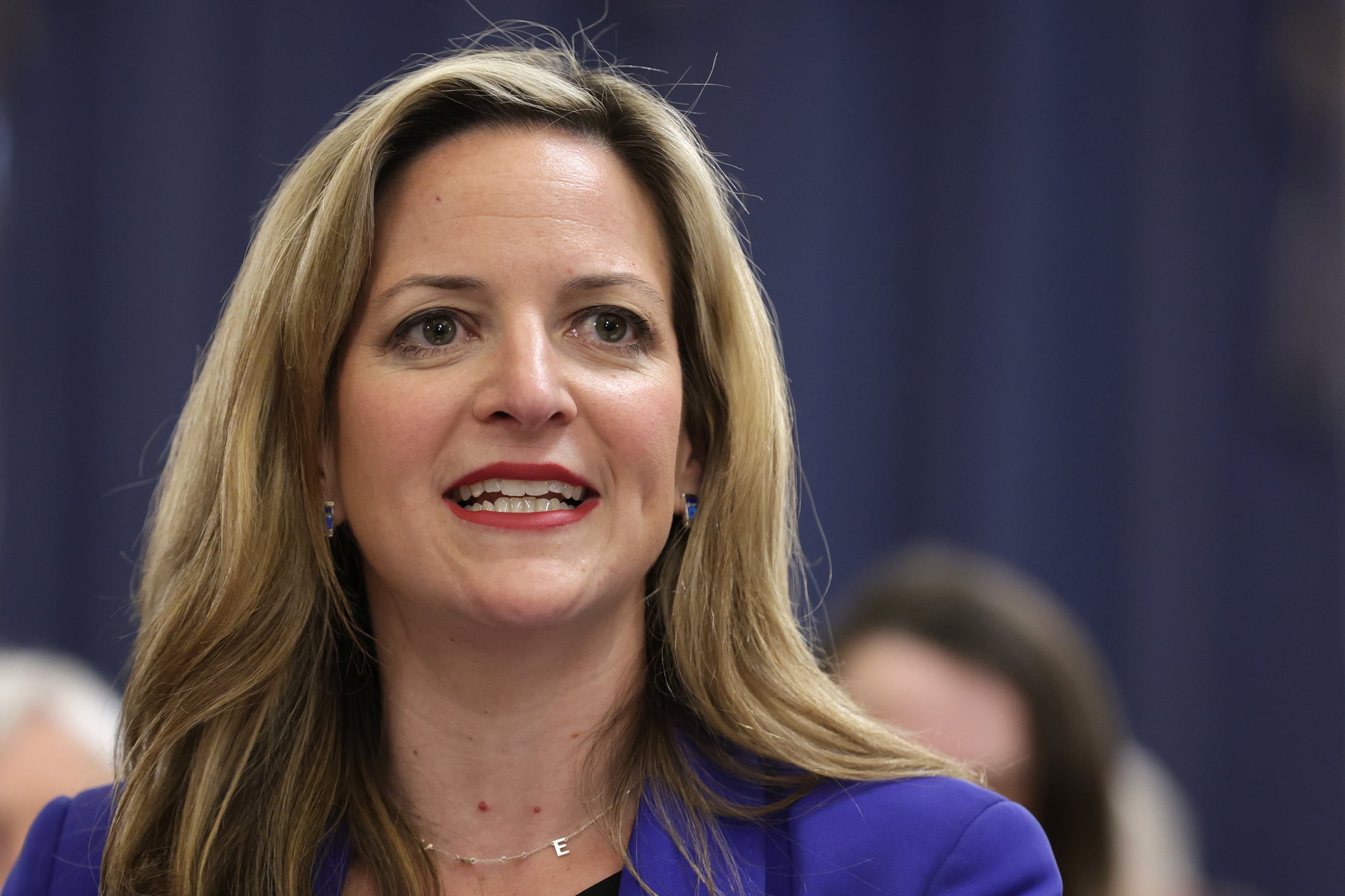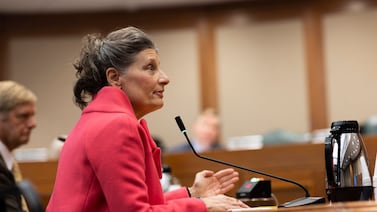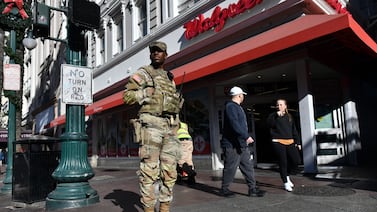Votebeat is a nonprofit news organization reporting on voting access and election administration across the U.S. Sign up for Votebeat Michigan’s free newsletter here.
The U.S. Justice Department is asking Michigan for a copy of its voter rolls and information about how the state maintains them, as well as a series of questions about its high levels of voter registration.
In its letter to Secretary of State Jocelyn Benson, dated July 21 and obtained by Votebeat, the Justice Department also said it has received a complaint about the state’s compliance with a provision in federal law requiring all voters to be assigned unique identifiers.
It is the latest in a series of letters the Justice Department has sent to states about their management of voter rolls, following directives in President Donald Trump’s March executive order on elections.
The DOJ included a series of questions based on Michigan’s responses to the U.S. Election Assistance Commission’s Election Administration and Voting Survey, a compendium of data about election administration. The survey was released June 30.
Angela Benander, spokesperson for Michigan’s Department of State, said the department was reviewing the letter. In a text message to Votebeat, Benander said state officials “don’t accept the premise that we are somehow in violation” of the Help America Vote Act, the statute the Justice Department said was the subject of the complaint.
“These issues have been in federal court and two judges have ruled in our favor,” Benander said, referring to past lawsuits over the state’s voter list maintenance.
Republicans at all levels of government have long questioned the high rate of registration in Michigan, which has made registration easier in recent years by allowing same-day registration and automatically registering any eligible person who gets a driver’s license, for example.
Before the 2024 election, a misleading claim circulated saying that Michigan had more registered voters than residents 18 and older. That claim didn’t account for inactive voters who have likely died, moved, or otherwise become ineligible, but whose names can’t legally be removed from the rolls until a certain amount of time has passed.
As for some of the other questions in the letter, Charles Stewart, a political science professor and director of MIT’s Election Lab, said that they don’t necessarily indicate the state has done anything wrong. Duplicate registrations, for example, could be easily attributed to the way a state handles data or any of a number of other “pretty anodyne explanations,” Stewart said.
He said it’s possible that Michigan needs to improve its list maintenance practices but said the Justice Department letter “treats the EAVS data as gospel without really understanding well what the data-generating process is.”
“There is not necessarily an error so much as there’s 55 different ways of generating these numbers,” he said of EAVS. “There’s not a standard ... which all election departments are required to follow.”
The DOJ did not immediately respond to a request for comment.
Hayley Harding is a reporter for Votebeat based in Michigan. Contact Hayley at hharding@votebeat.org.




